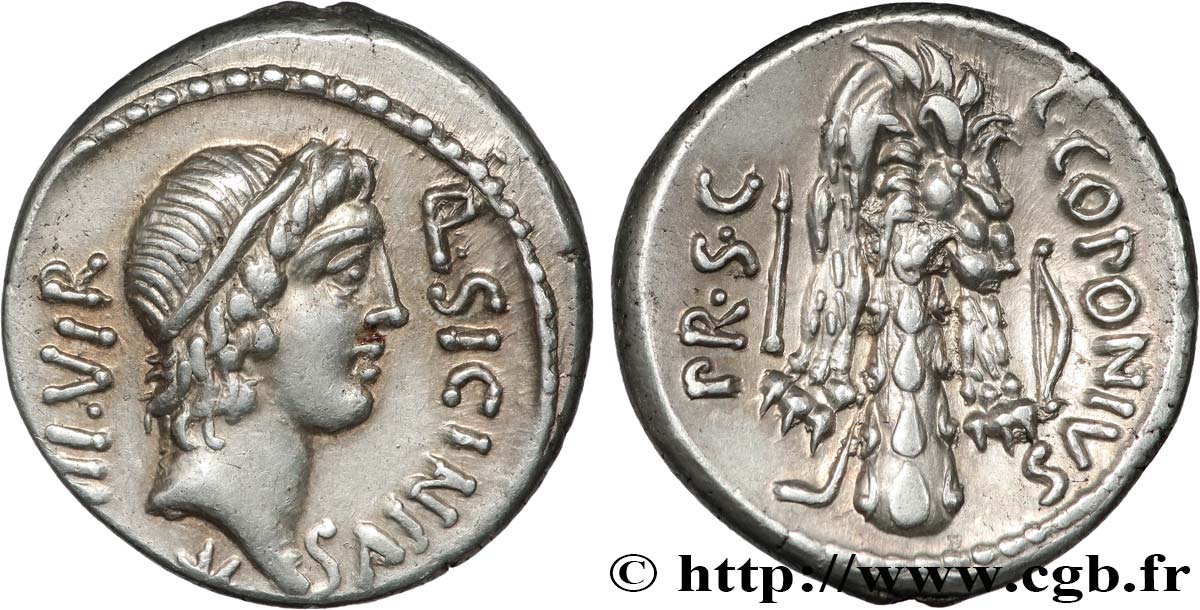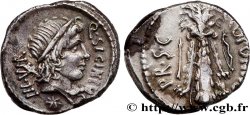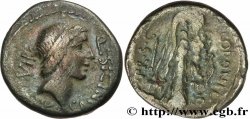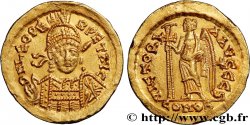Live auction - brm_848455 - SICINIA Denier
You must signin and be an approved bidder to bid, LOGIN TO BID. Accounts are subject to approval and the approval process takes place within 48 hours. Do not wait until the day a sale closes to register. Clicking on "BID" constitutes acceptance of the terms of use of cgb.fr private live auctions.
Bids must be placed in whole Euro amounts only. The sale will start closing at the time stated on the item description; any bids received at the site after the closing time will not be executed. Transmission times may vary and bids could be rejected if you wait until the last second. For further information check the Live auction FAQ
All winning bids are subject to a 18% buyer’s fee.
All winning bids are subject to a 18% buyer’s fee.
| Estimate : | 600 € |
| Price : | 500 € |
| Maximum bid : | 500 € |
| End of the sale : | 05 September 2023 14:24:36 |
| bidders : | 6 bidders |
Type : Denier
Date: 49 AC.
Mint name / Town : Grèce
Metal : silver
Millesimal fineness : 950 ‰
Diameter : 17,5 mm
Orientation dies : 6 h.
Weight : 4,04 g.
Rarity : R1
Coments on the condition:
Superbe exemplaire sur un flan bien centré des deux côtés. Très beau portrait d’Apollon ainsi qu’un revers finement détaillé. Patine grise avec des reflets dorés
Catalogue references :
Obverse
Obverse legend : Q. SICINIVS - III. VIR.
Obverse description : Tête diadémée d’Apollon à droite.
Obverse translation : “Quintus Sicinius Triumvir”, (Quintus Sicinius, magistrat monétaire).
Reverse
Reverse legend : C. COPONIVS - PR. S. C..
Reverse description : Massue d’Hercule surmontée de la léonté, tournée à droite, accostée d’un arc et d’une flèche.
Reverse translation : “Caius Coponius Prætor Senatus Consulto”, (Caius Coponius préteur avec l’accord du Sénat).
Commentary
Ce type a été frappé par l’un des partisans de Pompée qui l’a suivi dans sa fuite.
This guy was hit by one of Pompey's supporters who followed him in his escape
This guy was hit by one of Pompey's supporters who followed him in his escape








 Report a mistake
Report a mistake Print the page
Print the page Share my selection
Share my selection Ask a question
Ask a question Consign / sell
Consign / sell
 Full data
Full data











